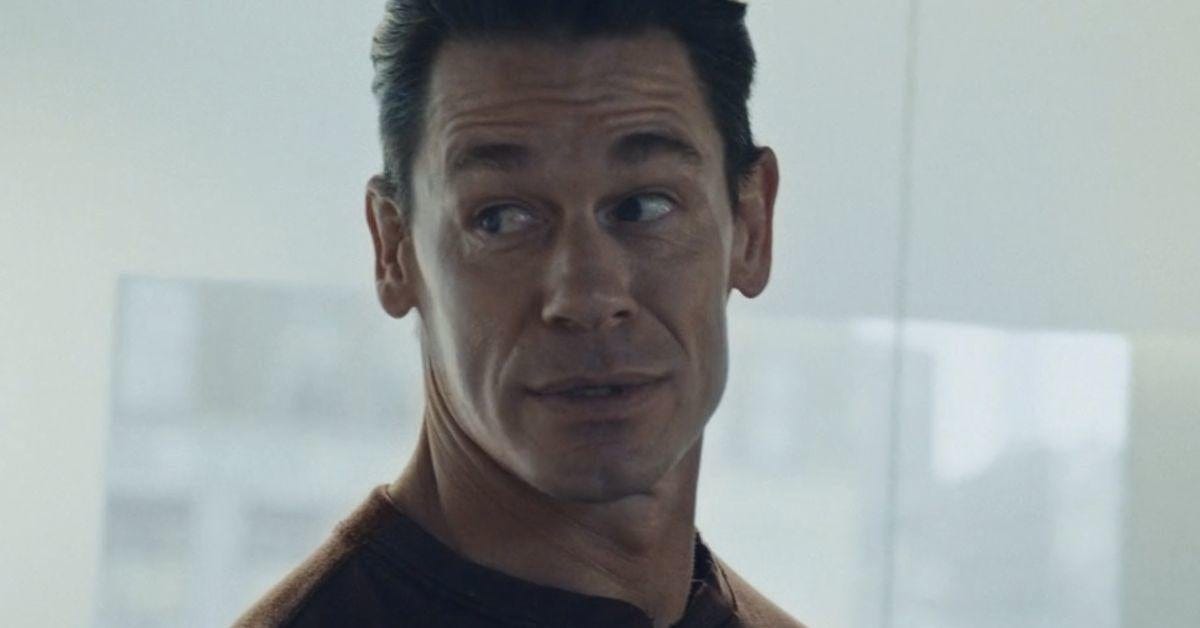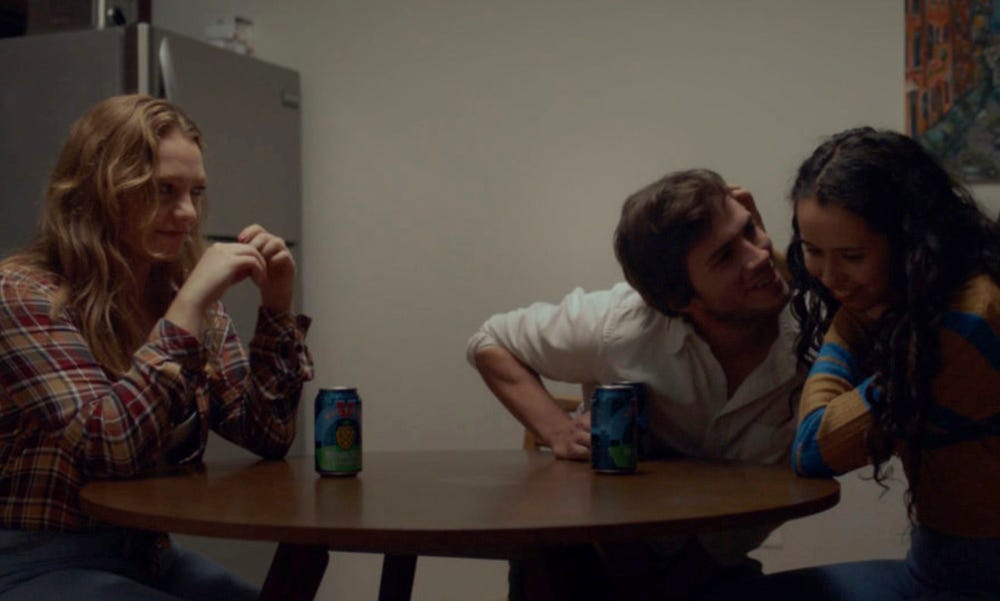Okay. It’s been hard to write lately. No need to beat around the bush. A pincer movement of work commitments and aggressively uneven self-esteem have kept me from putting many words to the page lately. I do not like this status quo. I do not appreciate it. I would like to change it. I still love writing, and I have more time to myself than I am often willing to admit. No reason not to.
So, reader, here is my pledge. I will force myself to write a little newsletter on a variety of pop cultural subjects every week, reintroducing myself to the habit of writing. At the same time, I will force myself to curb my timeworn habits of wanging on a bit too much by ensuring that the newsletters are never more than five hundred words long.
Does that sound like healthy intentionality or the start of a breakdown to you?
Don’t answer that.
Okay. From next week, introductions will be part of the word count. Buzzer starts now.
I’m almost done with The Bear season 3. It’s been slow going, both my watching of the show and the show itself. As is typical for the Internet, the flaws and virtues and flaws again of these ten episodes of television have been ruthlessly litigated over and over until I feel like an embarrassing latecomer writing about it all ten days after the release.
Instead of trying to take it all in, then, I’d like to focus for a second on the unfortunately emblematic moment that I featured above, in which John Cena cameos as one of the Fak brothers. It’s hard to blame John Cena himself for this - he’s a pretty capable comic actor who understands the assignment of the role - but it’s rare to see a TV show exhibit this much misplaced confidence, this obviously.
It’s not even the celebrity cameo overload of it all, though season three is - ahem - overegging the pudding quite a bit on that front. It’s more the sheer amount of time spent in an episode that is rare in the season for having a specific external conflict (the review photographer) for the characters other than ‘restaurants are hard’ on a disastrous bit about ‘haunting’.
There are few experiences more immediately mortifying than watching somebody who thinks they are funny fail to be funny. The gap between their self-perception and yours yawns like a bottomless chasm. There isn’t even the pity-filled empathy of somebody who knows they’ve failed to latch onto. The person thinks that they are nailing it, and the more they think that, the more embarrassed you feel for them.
A lesson we can all (including myself) learn: sometimes ‘no’ is the best thing in the world you can hear. Somebody - or a TV show we have personified for the sake of argument - who can no longer hear ‘no’, who believes in themselves too much for ‘no’, is a hard person or personified TV show to be around.
No more Faks. Please.
I’m a brave boy for saying this, but I think mumblecore gets a tough rap. I know, I know, it was a male-dominated and homogenous subculture that validated some fairly morally suspect people, but I have a soft spot for its glacial rhythms, its insistence on magnifying the annoying social minutiae. During a rough stretch of job hunting last year, I found a lot of comfort in Andrew Bujalski’s Funny Ha Ha, a film which makes painfully literal how boring the frustrations of waiting for adult life to begin can be.
Mumblecore as it existed in the 2000s probably deserved its death, but I don’t think that means the genre is entirely devoid of usefulness these days. It pleases me, then, that there are filmmakers like Kit Zauhar kicking about. Her 2021 debut Actual People was a pleasingly scratchy Gen Z update of Bujalski’s post-college ennui story, and a little aimless scrolling this week revealed to me that her second feature, This Closeness, had just dropped on MUBI.
It’s really worth your time, this one, if you have MUBI. Set in one location, a nondescript AirB&B, there’s barely a scrap of the theatricality films like this usually conjure. It’s all awkward close-ups and crossed conversational wires, a film impressively aware of how much and little its conflicts mean at the same time.
When people talk about Gen Z filmmaking, they often mean how it engages with technology and social media and social malaise. Zauhar’s film finds a satisfyingly different angle, about how a therapized generation that has moved beyond nerds and jocks and sports bros has instead invented a bunch of new ways to be mean and judgemental about one another. It’s sweeter than it sounds.
Clock’s stopped. Checking my word count…
622 words? Ugh. Alright, fine. 500 words is a guideline. Still, I am pledging to do better next week.
See you then, reader. We’ll probably chat about Longlegs and House of the Dragon and how none of that might matter if England are in the Euros final that day.






